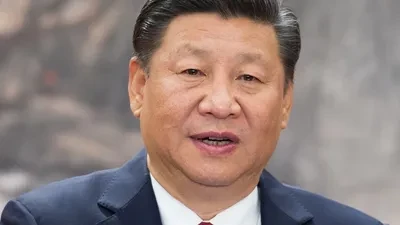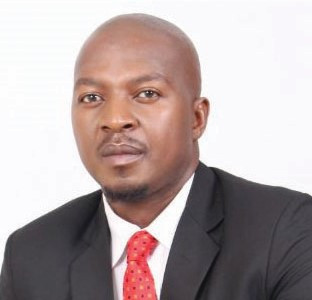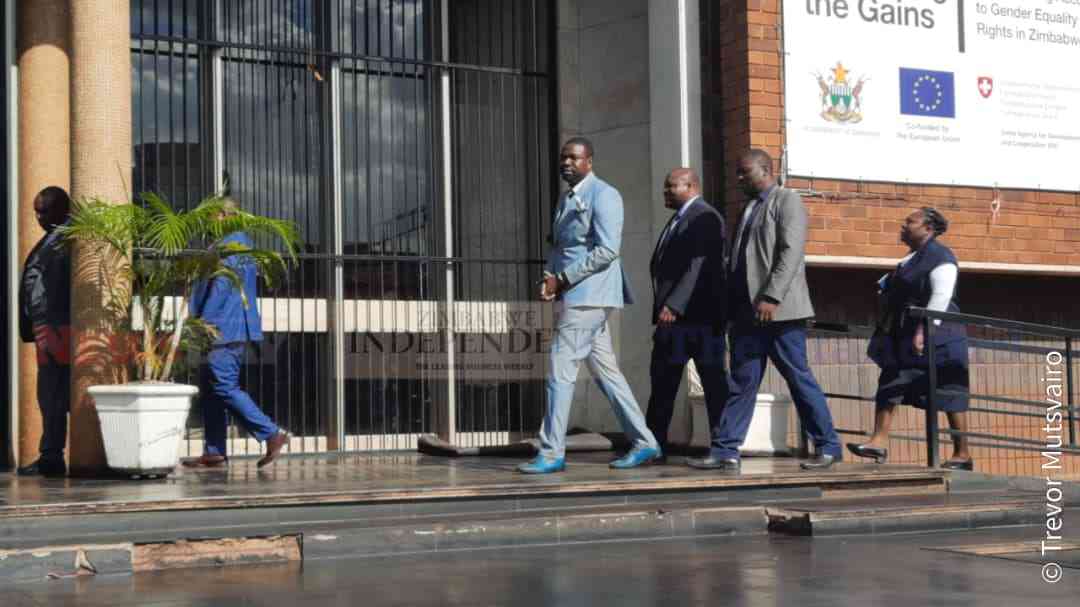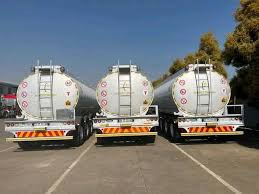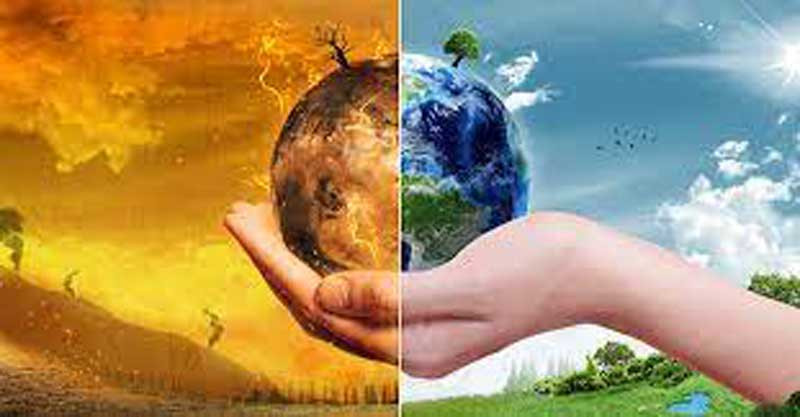
SCIENCE journalists have been urged to fight misinformation on how climate change was affecting communities through well researched and factual articles.
Stellenbosch University Vice Chancellor, Wim de Villiers, made the remarks during the opening of a three day training titled Building Science Communication Capacity in SADC-region and Africa in Cape Town on Wednesday.
‘‘In a time when we live in a world where facts are under threat this is more important than ever, science journalists and science communicators play an exceedingly important role in bridging the gap between lay public and the world of science, and most importantly, to deal with what the World Health Organisation (WHO) has named an “infodemic of misinformation” he said.
Infodemic refers to too much information that may be misleading.
Villiers said the duty of science journalists is empowering communities through factual stories that make a difference on their well-being.
United Nations Educational Scientific Cultural Organization (UNESCO) senior regional science programmes specialist, Martial Zebaze Kana, said a lot of scientific research is being done but not publicised.
"The media is important in setting and sustaining the agenda for science reporting and communications. We need to take advantage of the demographic dividend in SADC where the youth comprises 75% of the population,” Kana said.
- Film has potential of changing economy
- Edutainment mix: Indigenous knowledge in the aesthetics of art
- Edutainment mix: Indigenous knowledge in the aesthetics of art
- Science journalists urged to fight ‘infodemic’

